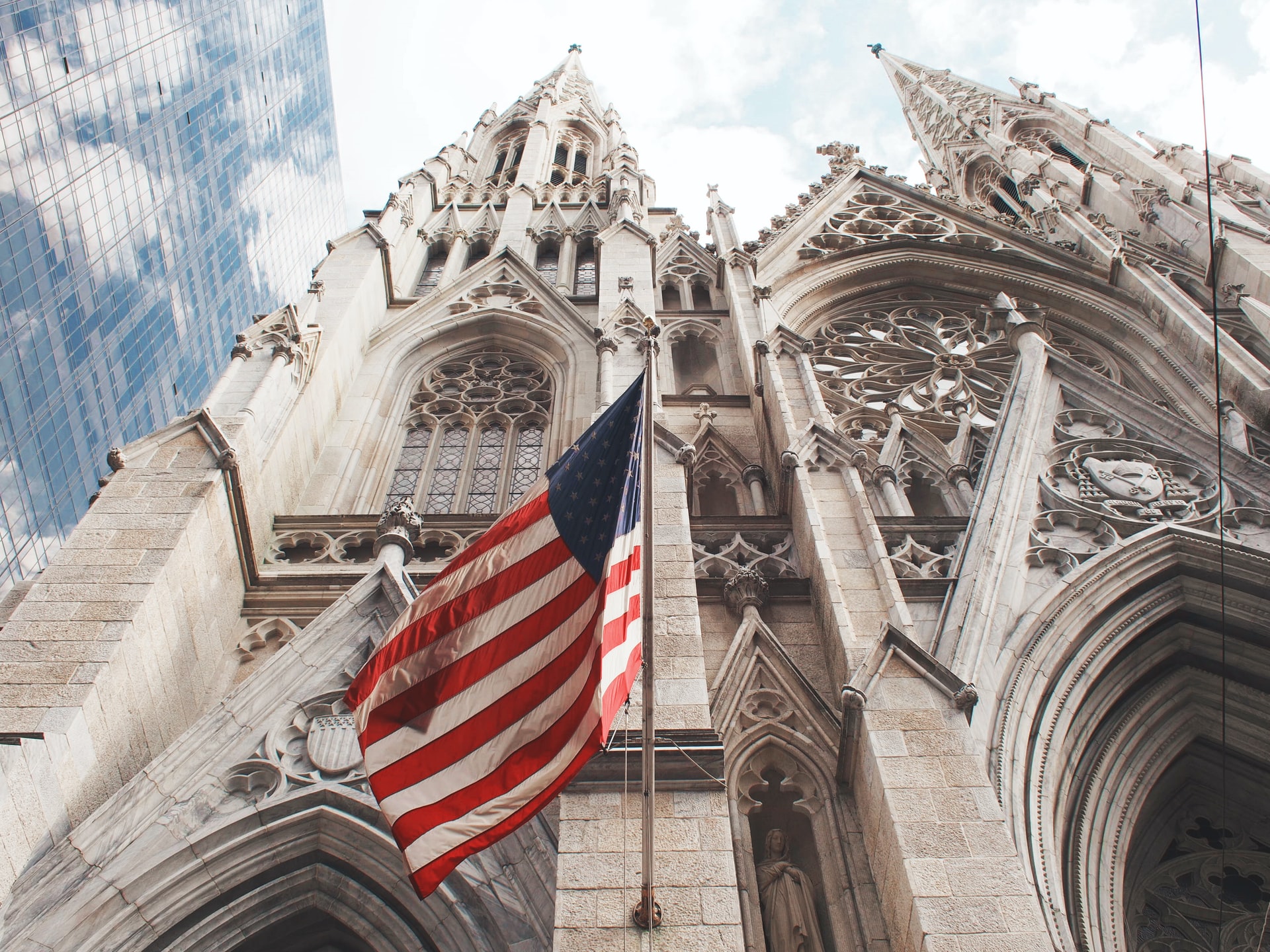Resolving Bipartisan Logjams in the US
The origins of the term democracy can be traced to two Greek words. ‘Demos’ means people, and ‘kratos’ translates to power. It meant power was vested in the residents of a nation. A democracy is unmistakably different from other systems such as a monarchy. At its core, a democracy allows for collective decision making.
Similarly, in a democratically elected government, an opposition party’s role is to offer a strong discussion against government changes, and not to negate and delay every proposal as has been the case in the US. What has gone wrong, and right, with the government in the US? How may beneficial changes to the US government’s remit can be managed? Do people in the US really care?
Horasis is organizing the Horasis USA Meeting on 04 March 2022 to examine and evaluate such issues. The one-day virtual event will see participation from a diverse range of people, spanning members of governments, businesses, academia, and the media. The goal is to deliberate on pressing issues that undermine progress and arrive at actionable solutions that can ensure shared prosperity.
The Recent Past
A 2019 Pew Research Center report highlighted the major bipartisan issues of the former administration. Beginning with the former president’s campaign in 2015, the border wall with Mexico was a core agenda of the election manifesto. While the proposal was to build a wall along the entire length spanning an estimated 2,000 miles, only a fraction was completed at the conclusion of President Trump’s term. In fact, the report highlighted that 58% of Americans were opposed to the construction of the said wall.
A second key point that was a bone of bipartisan contention, and related to the first aspect, was immigration. The majority of American citizens, at 62%, said they felt immigration strengthened the US because of “their hard work and talent”. Republicans were mostly in favor of more stringent immigration laws while Democrats vehemently opposed it.
In both cases, the pulse of the average US resident was missed: expansion of the border wall was not favored and immigrants were not viewed as a threat to existing workers. Interestingly, and contrary to popular belief, there are large numbers of Mexican immigrants who choose to return to their places of origin, as was the case between 2009 and 2014.
More recently, in January 2022, a particularly vocal senator voiced his disagreement over President Biden’s “refusal to enforce the border”. The senator alleged that owning to the current less-than-optimal immigration policies, over 2 million immigrants had entered the US “in contravention to Article 2 of the Constitution.” At a macro level, the US may actually need to welcome more immigrants in light of the employment conundrum the economy is currently faced with.
Current Bipartisan Logjams
Following President Joe Biden’s election victory, efforts were immediately allocated towards driving the Bipartisan Infrastructure Bill into law. In what can be termed a “collective win” for the American people, the proposed bill was signed into law in November 2021. Lawmakers from both sides—Democrats and Republicans—prioritized on setting into motion what is possibly the US’s single largest effort to strengthen its infrastructure since the development of the Interstate Highway system.
A November 2021 White House press release highlighted that, “For far too long, Washington policymakers have celebrated “infrastructure week” without ever agreeing to build infrastructure. The President promised to work across the aisle to deliver results and rebuild our crumbling infrastructure.” It further added that This Bipartisan Infrastructure Deal will rebuild America’s roads, bridges and rails, expand access to clean drinking water, ensure every American has access to high-speed internet, tackle the climate crisis, advance environmental justice, and invest in communities that have too often been left behind.”
The Need to Continue Close Cooperation
There is need for both ruling and opposition lawmakers to come together now more than ever. With a global pandemic now in its third year, it is imperative to cast aside bipartisan differences and lay the focus squarely on “building back better”.
Over the past few years, the US has lost its global influence considerably amid a growing multi-polar world order. For an economy that has, time and again, stood as an example for emerging countries to emulate, US policymakers must continue to enact the role of torch bearers. At this erratic juncture, bipartisan logjams cannot be allowed to pose as unnecessary barriers, because this could negatively impact the already disadvantaged sections of society.
There is a need to take stock of pressing problems and prioritize on recovering from the pandemic-led setbacks. Political ambitions cannot be discredited; they are part and parcel of any democracy. But political ambition cannot become a spanner in the works. The focus must always remain on the bigger picture. Most importantly, the interests and aspirations of the American people must be upheld.
Photo Caption: US policymakers must continue to enact the role of torch bearers.




